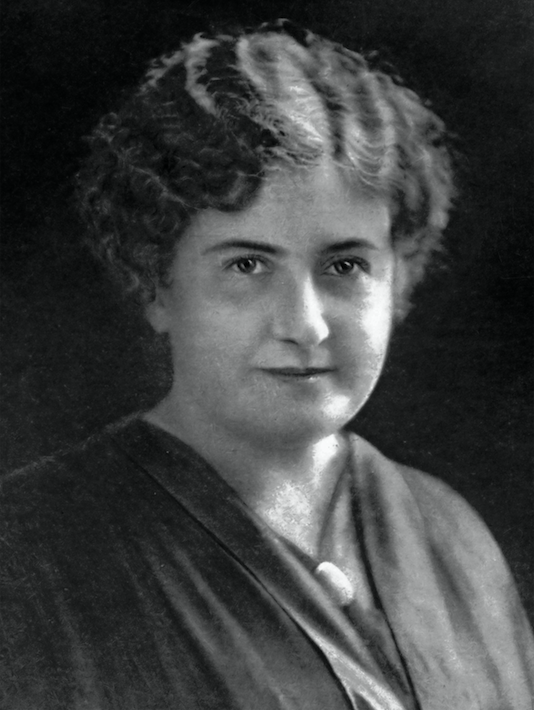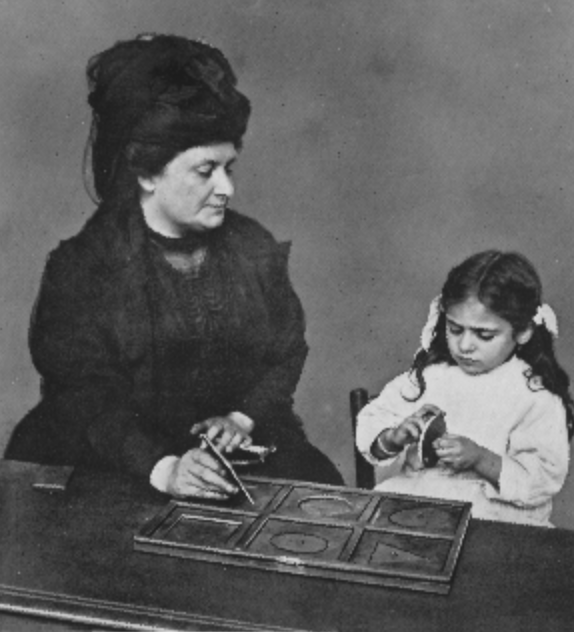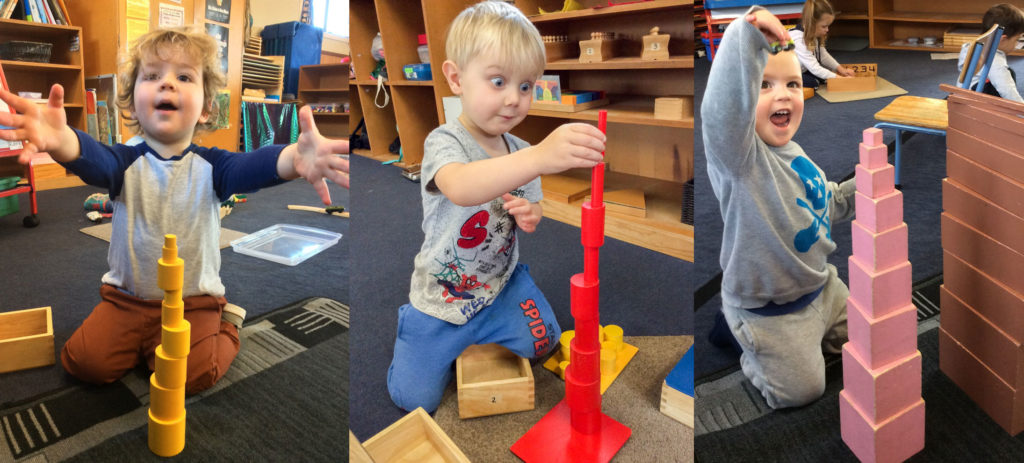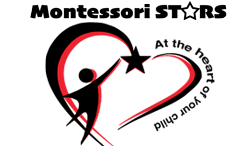
The Montessori Method of Education, developed by Italian physician Maria Montessori, is a child-centered educational approach based on scientific observations of children. This method stresses the development of a child’s own initiative and natural abilities, especially through practical play, allowing children to develop at their own pace.

Educators who followed this model set up special environments to meet the needs of students in three developmentally-meaningful age groups: 2–2.5 years, 2.5–6 years, and 6–12 years. The Montessori method views the child as naturally eager for knowledge and capable of initiating learning in a supportive, thoughtfully prepared learning environment. Montessori’s method has been used for over 100 years in many parts of the world.
Montessori Stars Curriculum

Our curriculum is developed from 3 critical components: Montessori, Te Whāriki (“the mat”), & Emergent Curriculum.
The Montessori approach begins with the acknowledged potential of each child and provides for physical, cognitive and spiritual development through a prepared environment.
With specialised equipment and qualified teachers that nurture independence, concentration, co-operation and respect while focusing on each child’s unique learning style and encouraging the child’s own natural desire to learn.
Te Whāriki (English translation: “the mat”)
This is the National Curriculum for Early Childhood Education. Unique in its bicultural framing, Te Whāriki expresses the vision that all children grow up in New Zealand as competent and confident learners, strong in their identity, language and culture. It emphasises our bicultural foundation, our multi-cultural present and the shared future we are creating.
It implements a programme of learning and development that encourages and supports each child’s personalised learning pathway alongside adults who know them well and have their best interests at heart.
The underpinning concept of the whāriki (mat) enables and supports this diversity.
Emergent Curriculum
This part of the curriculum is based on children’s interests, learning styles and dispositions. Through observation, our skilled teachers notice and record children’s activity choices and interests and plan ways to extend and develop these further. This allows children the opportunity to gain independence and direct their own learning.


